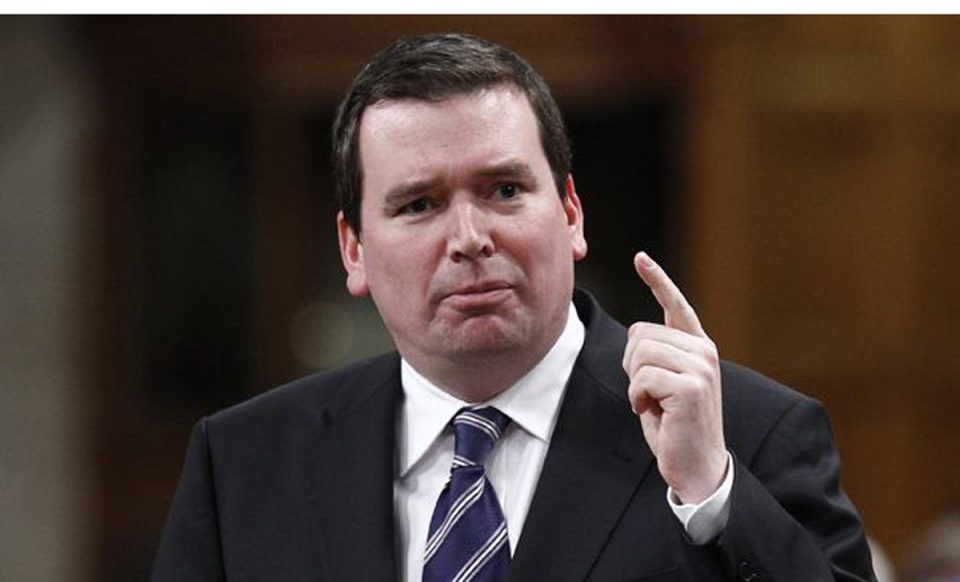Financial experts, United Nations consultants and members of the international community, as well as contributors from various African countries have all agreed that COVID-19 pandemic has altered the global economy.
They said the novel virus caught the world totally unprepared, creating staccato medical and economic responses, which have also created a sudden summersault in global financial outlook. “While some economies nosedive, others are undergoing monumental shift, creating novel economic outlay and opportunities for digital investment and exploring new tools for economic growth,” they said.
At a programme organised last week by Foreign Investment Network (FIN), themed, COVID-19 and the Economic Threat: How Africa can overcome Financial Crises, they agreed that Africa, as a continent, had remained an infant for too long, and that the pandemic, despite its militating effects, could also create the needed push for Africa to get out of its cocoon and redirect its energy into massive infrastructural development, feeding of its citizens and much more.
During the panel discussion, moderated by a United Kingdom-based journalist and author, Nich Kochan, several experts spoke on the way forward for Africa, as a continent.
Former Canadian Minister of International Development, Christian Paradis, stressed the need for a coordinated approach in the supply and distribution of materials, reliefs, and vaccines among others assistance, to Africa to mitigate the harsh effects of the virus.
“Social distancing and self-isolation as we see in the western world, and other countries with safety nets, is not just possible in most of the African countries, and we need to keep that in mind. The communication door must be wide open between the African countries in need, the donor countries and the multinational organisations,” he stated.
For the Chairman of the Prodrig Capital, The Netherlands, Victor Politis, the future of the continent lies in creating jobs, and import substitution projects, as well as creating new large projects that would help the sub-Saharan Africa emerge stronger from the tragedy they are currently passing through.
In his contribution, the London Enterprise Ambassador and Chief Economic Strategist in ECOWAS Commission, Prof Ken Ife, said: Food and Agricultural Organisation (FAO) recognises Nigeria as one of the countries that produces more food than it requires, but 30 to 40 per cent of it cant make it into the food chain because of post-harvest losses, poor storage, lack of value additions, lack of quality infrastructure, and transport cost among others factors.




